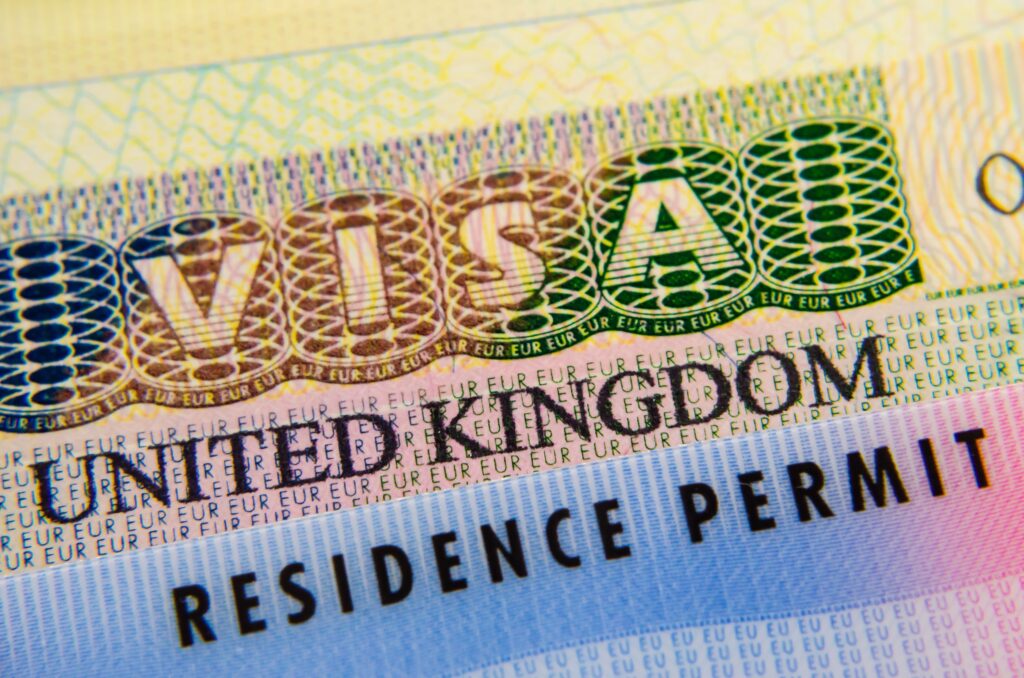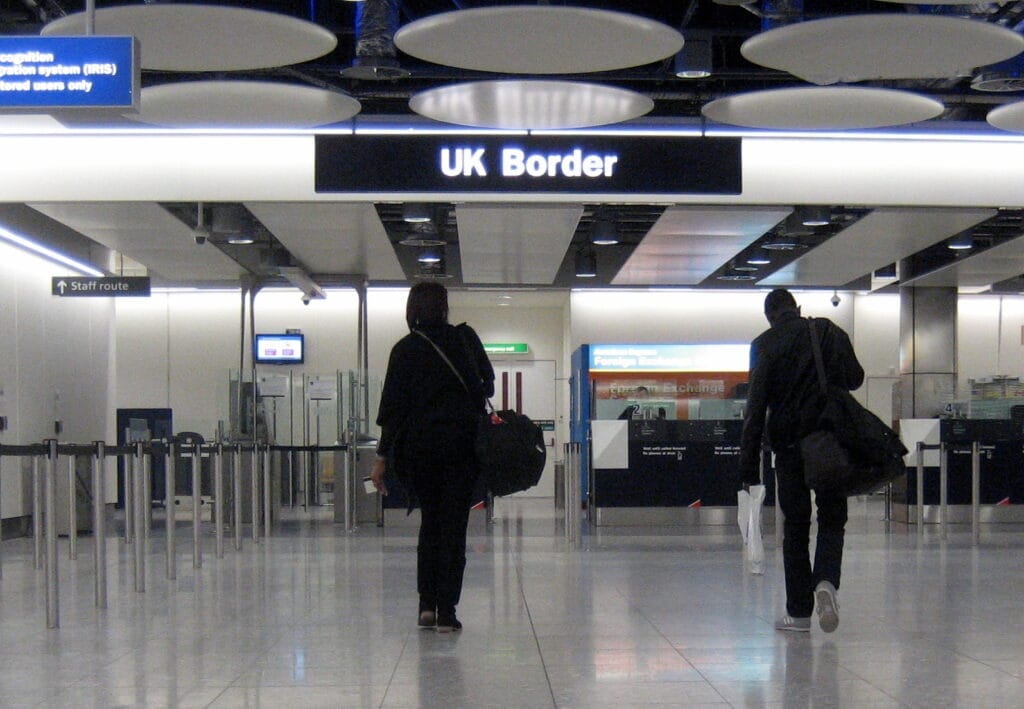Take up skilled employment in Germany with an EU Blue Card
In November 2023, Germany introduced a new Skilled Immigration Act, designed to make it easier for skilled foreign workers to enter the country.

The Act introduced changes including lower salary thresholds for workers entering Germany via the EU Blue Card scheme and no longer restricting individuals to working only within jobs relating to their qualification.
Due to these more favourable conditions, many skilled workers looking to take up employment in Germany will now seek immigration permission under the EU Blue Card scheme.
What is the EU Blue Card?
The EU Blue Card is a residence permit for nationals of a country outside the EU that allows them to take up employment in the EU. The Blue Card programme is designed to make Europe a more attractive destination for professionals from outside the EU. 25 out of the 27 EU countries currently issue the Blue Card.
The Germany EU Blue Card continues to be one of the most sought-after visas for skilled professionals worldwide. As of November 2023, Germany’s EU Blue Card scheme has facilitated applications for professionals in more bottleneck occupations, young professionals and certain non-academic IT professionals.
Annual salary limits for Germany’s EU Blue Card
Effective 1 January 2025, the minimum salary levels in Germany for the EU Blue Card have changed, depending on the occupation of the applicant. The new salary limit will be 48,300 euros and 43,759.80 euros for career starters and applicants in shortage occupations.
The list of these so-called shortage occupations has also been expanded. It defines the professions in which there is a shortage of workers in Germany. Professions such as construction managers and teachers are now being added. This means that more applicants can now enter Germany via the Blue Card.
Changing employer on an EU Blue Card
In addition, changes have been introduced to give EU Blue Card holders greater flexibility to change employers and positions in Germany.
Previously, EU Blue Card holders seeking to change employers or positions in the first two years of work were required to apply for an amendment of their labor market access. After two years, they were permitted to work for any employer and in any position.
Under the changed rules, EU Blue Card holders with a card issued from 18 November 2023 must notify the immigration authorities about a change of employer and/or position if it occurs within the first 12 months of employment. After working under an EU Blue Card for 12 months, the holder will be able to change employers and/or positions without notifying the immigration authorities.
Greater flexibility for skilled workers
Another change is that certain professionals are now permitted to change industries. Skilled workers in non-regulated professions who already have vocational training from abroad recognised in Germany were previously only able to work in this specific occupational field. Now, these skilled workers can also work in other industries. This opens up new opportunities for both applicants and companies and makes the labor market more permeable.
Western Balkans regulation
Workers from the Western Balkans have been contributing more and more to employment in Germany for years. For this reason, the German government has implemented the “Western Balkans regulation”, which enables citizens of Albania, Bosnia and Herzegovina, Kosovo, North Macedonia, Montenegro and Serbia to have easier access to the German labor market.
Relocating to Germany?
If you are looking to relocate to Germany and require support with the visa process, Smith Stone Walters can help.
Our German immigration experts based in Frankfurt can help assess your eligibility for various routes and support with the preparation and submission of your visa application. To speak to an advisor, please contact us today.















